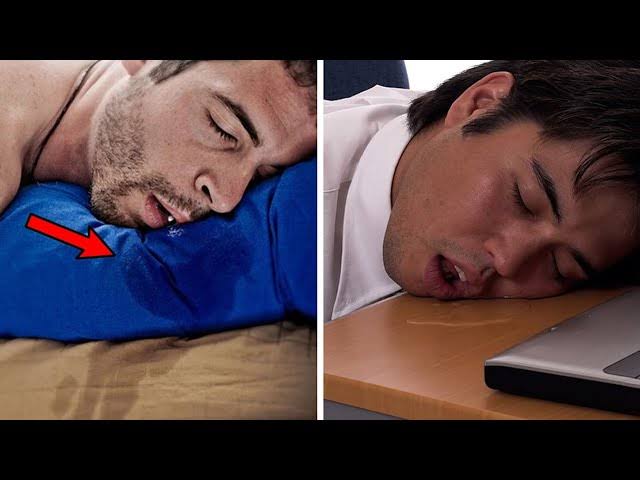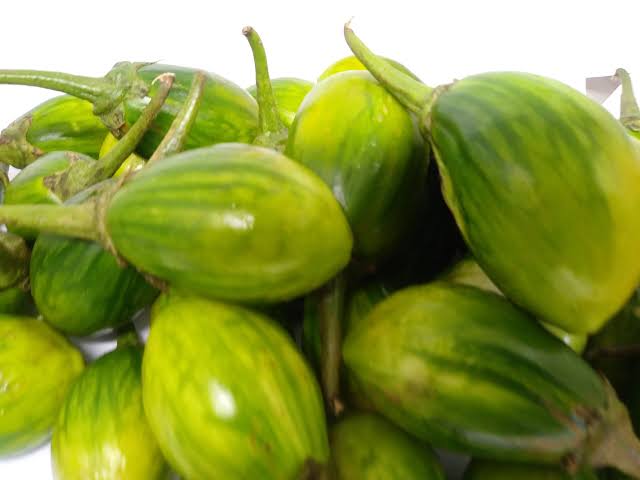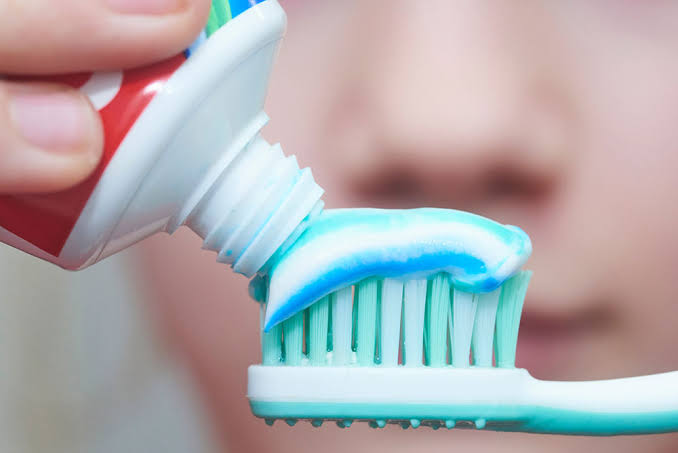Waking up to find a damp patch of saliva on your pillow can be puzzling or even embarrassing. But rest assured, this is a common and usually harmless occurrence. Drooling during sleep, scientifically referred to as nocturnal sialorrhea, often stems from natural bodily processes that occur while you rest. Understanding why it happens involves exploring changes in saliva production, muscle relaxation, sleep position, and potential health conditions. Here’s a closer look at the reasons behind this phenomenon and what it could mean for your health.
1. Reduced Swallowing Reflex During Sleep
Saliva production is a continuous process, even during sleep. While awake, swallowing is an automatic reflex that prevents saliva buildup in the mouth. However, this reflex slows significantly during sleep. As a result, saliva may accumulate and overflow, particularly if you sleep on your side or stomach, as gravity encourages it to escape through the mouth.
2. Relaxation of Muscles
Sleep, especially during the deeper stages like REM (Rapid Eye Movement), is a time when your body’s muscles relax completely. This includes the muscles in your face, mouth, and throat. When these muscles loosen, your jaw may drop, and your mouth could remain open throughout the night. An open mouth disrupts the natural containment of saliva, allowing it to dribble out and end up on your pillow.
3. Excessive Salivation or Sialorrhea
Some people produce more saliva than usual, a condition known as sialorrhea or hypersalivation. This can occur due to several reasons, including:
Allergies or nasal congestion: These conditions force mouth breathing, which can lead to drooling.
Acid reflux: Stomach acid irritation can stimulate excess saliva production.
Medications: Certain drugs, such as those used to treat seizures or mental health conditions, may increase salivation....Read Full Article [Click Here>]
Neurological disorders: Conditions like Parkinson’s disease or cerebral palsy can disrupt the nervous system’s control over saliva production.
If you notice frequent and excessive drooling, it may be worth discussing these potential causes with a healthcare professional.
4. Sleep Position and Breathing Patterns
Your sleep posture plays a significant role in whether or not you wake up with a wet pillow. People who sleep on their sides or stomachs are more prone to drooling because gravity works against keeping saliva in the mouth. Additionally, mouth breathers (due to nasal congestion, sleep apnea, or habit) are more likely to experience drooling compared to those who breathe through their noses with a closed mouth.
5. When to Be Concerned
While occasional drooling is usually harmless, persistent or excessive drooling may indicate underlying health issues. Conditions like sleep apnea, acid reflux, or anxiety could be contributing factors. If drooling interferes with your quality of sleep or is accompanied by other symptoms, such as snoring, fatigue, or difficulty swallowing, it’s best to consult a doctor for further evaluation.
Conclusion
Drooling during sleep is a natural and often benign phenomenon caused by reduced swallowing, muscle relaxation, and sleep posture. While it’s usually nothing to worry about, excessive or frequent episodes might point to underlying health conditions. Understanding the causes can help you manage the issue, and if needed, seek professional advice for effective solutions.





